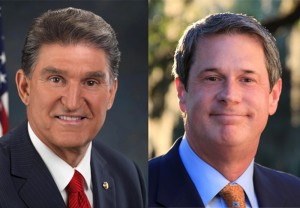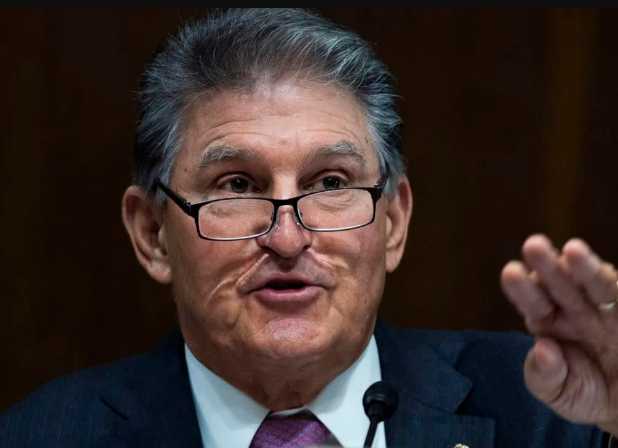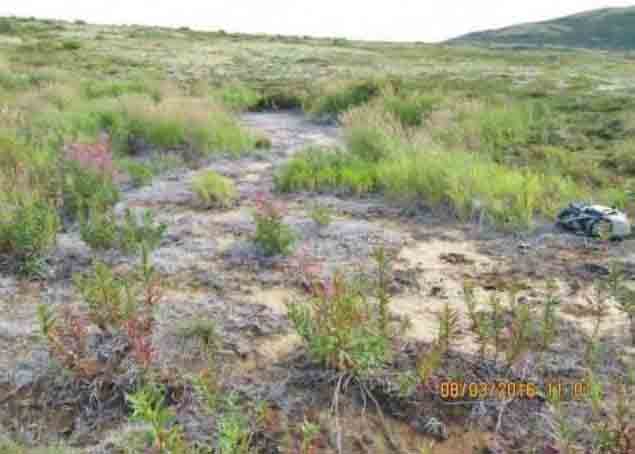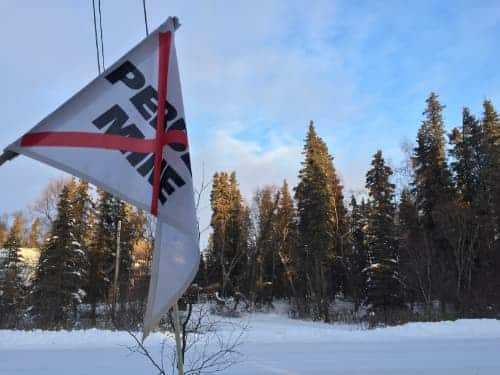
Dillingham, AK- Wednesday, Senators Joe Manchin (WV) and David Vitter (LA) reintroduced legislation (SB 54) that would eliminate from the Clean Water Act a provision that authorizes EPA to limit or restrict discharge of dredged or fill material from mining deposits into waters of the United States. The provision, commonly known as 404(c), gives the agency authority to restrict permits at “any time,” if such development will have an “unacceptable adverse effect” on waterways or fisheries.
Heeding the request by Bristol Bay Tribes, EPA commenced a three-year, comprehensive scientific assessment, leading to a release of a clear, peer-reviewed scientific report confirming that mines like Pebble could indeed harm the sustainable salmon resource in Bristol Bay. Thousands of Alaskans supported the subsequent 404(c) protections proposed by the Agency to specifically limit mining activity that could harm salmon.
Bristol Bay Tribes are disappointed and outraged that this bill, if passed, would strip EPA of the very authority that the Bristol Bay Tribes specifically requested EPA to utilize to protect Bristol Bay’s rich fisheries from destructive mines like Pebble.
Robert Heyano, President of United Tribes of Bristol Bay stated: “Salmon have been the cornerstone of our cultures in Bristol Bay for thousands of years. Mines like Pebble threaten our cultures, our region’s economy, our food security, and our way of life. We simply cannot continue to be held hostage by waiting for Pebble to file a permit that has supposedly been coming for well over a decade. We have waited for far too long for the assurance that our region and culture will be protected from this mine.”
“We hope that our elected leaders within Alaska will refuse to co-sponsor SB54 and instead listen to the overwhelming desire of the people in our state to protect the immense resource we have here in Bristol Bay, instead of catering to an unwelcome foreign mining company with the potential to destroy our livelihoods, our cultures, and the last great wild sockeye resource on the planet,” said Heyano.





